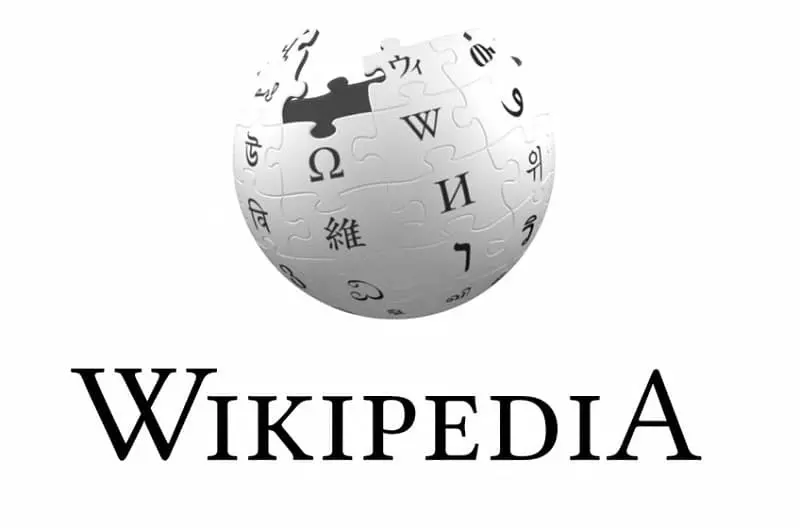
Centre raps Wikipedia over complaints of 'bias'; HC flags site model as 'dangerous'
Centre issues notice to Wikimedia over complaints of 'bias and inaccuracies' on its site; Delhi HC asked if the website can be called an encyclopedia at all

The government issued an official notice to Wikipedia on Tuesday (November 5), raising concerns about ‘bias’ and ‘inaccuracies’ in the volunteer controlled entries on the site, even as the Delhi high court while hearing a defamation case against it questioned how the site can call itself an encyclopedia.
In its notice to the San Francisco-based Wikimedia Foundation, a non-profit charitable organisation, the Information and Broadcasting ministry also noted that editorial control on the site is held by a select group, who are potentially influencing its neutrality, and asked Wikipedia why it should not be treated as a 'publisher' instead of an 'intermediary'.
Wikipedia presents itself as a free online encyclopedia, allowing volunteers to create and edit pages on a wide range of topics, including personalities, issues, and various subjects.
Wikimedia vs ANI legal battle
The Wikimedia Foundation seems to be currently entangled in legal battles in India, as the Delhi high court is hearing a defamation case filed by news agency Asian News International (ANI) against the platform.
ANI is pushing for defamatory edits, which allegedly called it a ‘government tool’ on the page to be taken down and also wants the foundation to disclose information about three people who made the edits on ANI's Wikipedia page.
On November 1, hearing the case, Justice Subramonium Prasad questioned Wikipedia reps over its claim of being a "free encyclopedia". The judge asked why the website was not giving the information sought considering it claims to be an 'intermediary' and not a 'publisher' of information.
According to Bar and Bench, Justice Subramonium Prasad asked, “If you are an intermediary, why are you bothered? If somebody else has edited and that addition is without basis, then it comes down. They are not here to protect..."
What's an encyclopedia?
The court then went on to grill Wikimedia about whether it is an encyclopedia at all. It noted that it was "troubling" that Wikipedia claimed to be an encyclopedia while also warning it does not endorse its content.
It gave an example of the publication like Encyclopedia Britannica to state that encyclopedias usually come with authenticity.
"After saying encyclopedia, can you say that you do not endorse what Mr X and Mr Y have said on my encyclopedia without verifying its contents. 'Wikipedia, the free encyclopedia' that is your first sentence, what do you mean by that," the judge asked.
Wikipedia has left it for other people to manage the encyclopedia, the judge added.
Wikipedia’s response
In response to the court's concerns, Wikipedia's legal representatives told the judges that they have legal guidelines that users must adhere to while updating content. The platform has established policies to govern user contributions and ensure compliance with the law, said senior advocate Jayant Mehta, representing Wikipedia.
Meanwhile, appearing for ANI, advocate Sidhant Kumar claimed no further edits were being allowed on the page in question and the clarifications provided by the news agency were not being entertained. "There is not a single positive word to be said about me. The cabal of editors do not allow it," Kumar pointed out.
Mehta also pointed out that users of the website were warned that the information is from secondary sources. "Wikipedia nowhere says I am factually accurate," Mehta said.
Acknowledging article 19(1)
This line of argument failed to impress the court, which reasoned that a mere disclaimer could not fully absolve Wikipedia of responsibility and it was not like the 'Kavach of Karna' for it.
The court did, however, acknowledge Article 19(1)a of the Constitution, which guarantees Indian citizens the right to freedom of speech and expression, and said "... thumb rule is to bend in favour of the maker of the statement and not vice versa".
The court will continue hearing the matter on November 6.
Launched in the early 2000s, Wikipedia was designed to facilitate free access to knowledge and information. The platform has grown significantly in the past two decades and today boasts of over 56 million articles across more than 300 languages.

